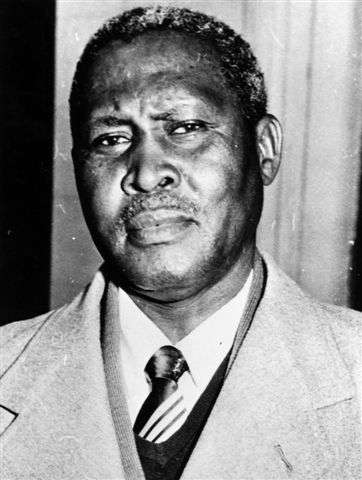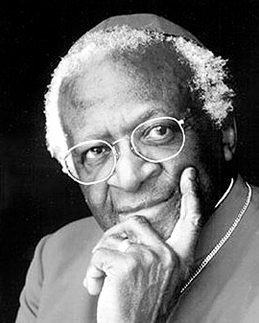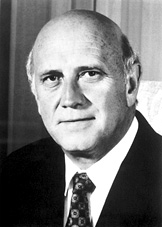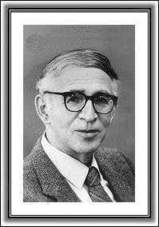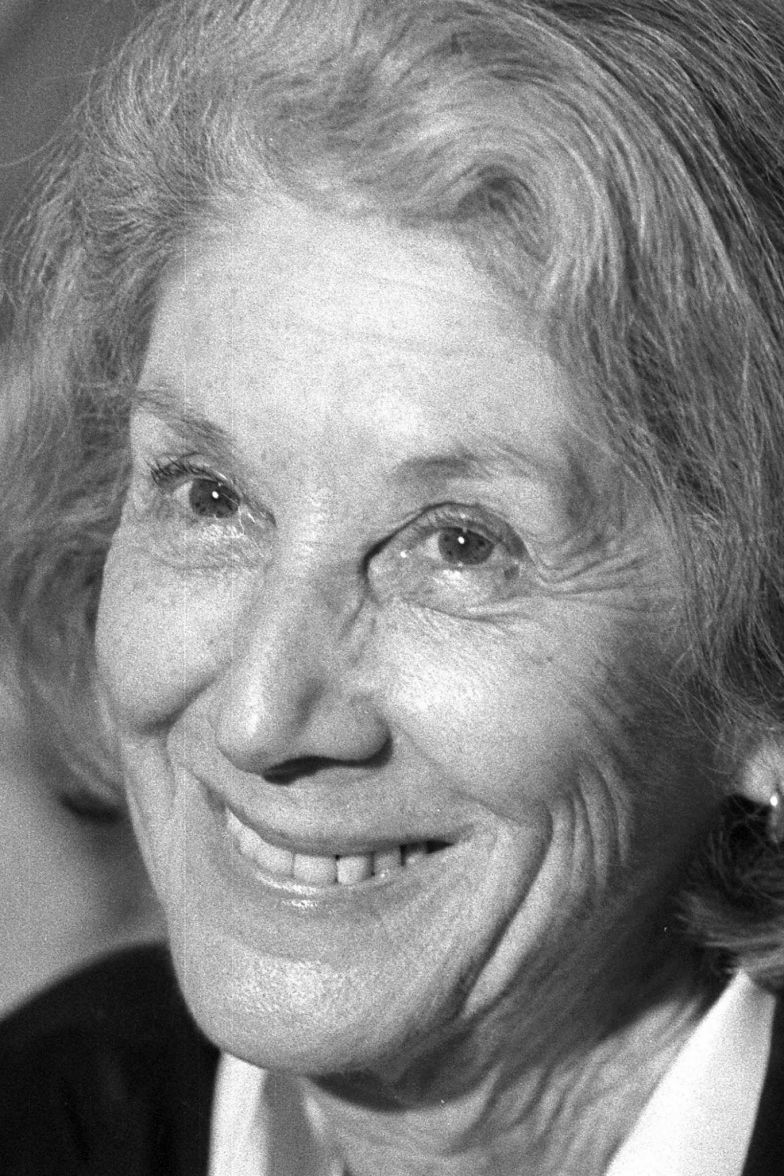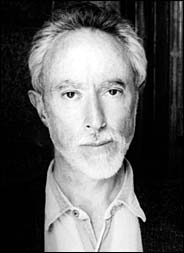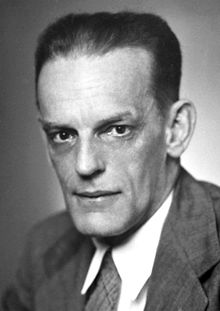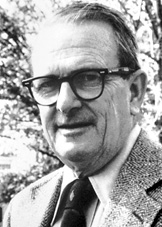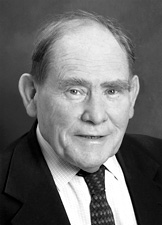Top 10 South African Nobel Prize Laureates

Winning a Nobel Prize is one of the highest international honours that can be bestowed on a person. It brings global recognition and attention to a winner’s work, and will help to generate funds to ensure the continuation of this work. It highlights our best and brightest.
Below is list of Noble Achievers and their achievements in each space
The Nobel Peace Prize
On 27 November 1895 Alfred Nobel, a Swedish chemist, engineer, industrialist and inventor of dynamite, left $9 million in his will to establish the Nobel Prizes. He stipulated that the awards be given annually, disregarding the nationality of possible recipients. He also specified six areas to be covered by the rewards namely Peace, Literature, Physics, Chemistry and Physiology or Medicine. In 1968 the Bank of Sweden added the award for economic science in memory of Nobel.
Nobel’s family were surprised and upset that he had not left all of his fortune to them, but rather to establish the prizes. Although they contested the will his last wishes were respected and the first Nobel Prizes were awarded in 1901, on the 5-year anniversary of his death. The funds and assets that are made available for the awards of Physics, Chemistry, Physiology or Medicine, Literature and Peace are managed by the Nobel Foundation. This private institution was established in 1900 and is responsible for all arrangements surrounding the awards.
Albert Luthuli, 1960
1960 Nobel Peace Prize Laureate: President of the African National Congress in South Africa.
Desmond Tutu, 1984
1984 Nobel Peace Prize Laureate: Bishop of Johannesburg and former Secretary General South African Council of Churches (S.A.C.C.). For his work against apartheid…
Excerpt from the 1993 Nobel Peace Prize acceptance speech:
We stand here today as nothing more than a representative of the millions of our people who dared to rise up against a social system whose very essence is war, violence, racism, oppression, repression and the impoverishment of an entire people.
FW de Klerk, 1993
1993 Nobel Peace Prize Laureate
Nelson Mandela, 1993
1993 Nobel Peace Prize Laureate
The Nobel Prize in Chemistry
Chemistry is the science of matter. It is the branch of the natural sciences that deals with the composition of substances, their properties and reactions. Chemistry looks at the processes of life and helps us to understand chemical reaction on molecular basis while also contributing to many of the technological advances we rely upon in the modern world. The first Nobel Prize in this category was awarded to Jacobus H. van’t Hoff for the discovering the laws of chemical dynamics and osmotic pressure in solutions.
Laureates:
Aaron Klug, 1982
The Nobel Prize in Chemistry
1982: For his development of crystallographic electron microscopy and his structural elucidation of biologically important nucleic acid-protein complexes.
The Nobel Prize in Literature
Literature refers to creative writing of recognised artistic value. The Nobel Prize in Literature can be awarded to works of poetry, short stories, novels, plays, essays and speeches. The first award in this category went to poet and philosopher Sully Prudhomme for his 1865 work Stances et Poèmes. This prize has been given to a great variety of writers from different cultures and languages, famous and unknown.
Laureates:
Nadine Gordimer, 1991
1991 Nobel Laureate in Literature: Who through her magnificent epic writing has – in the words of Alfred Nobel – been of very great benefit to humanity.
JM Coetzee, 2003
2003 Nobel Laureate in Literature: Who in innumerable guises portrays the surprising involvement of the outsider.
The Nobel Prize in Physiology or medicine
Medicine relates to the branches of medical science that deal with non-surgical techniques while physics is the branch of biological sciences that deals with the functioning of living organisms. Our understanding of our own bodies and how to remain healthy in a world full of disease is essential to our existence and this award lauds researchers who help to achieve these goals. The first Nobel Prize in this category was given to Emil von Behring for his work on serum. His discoveries helped save countless lives. The prize has also been awarded for advances in immunology, genetics, neurobiology, diagnostics and drug development.
Laureates:
Max Theiler, 1951
1951 Nobel Laureate in Medicine: For his discoveries concerning yellow fever and how to combat it.
Alan M. Cormack, 1979
1979 Nobel Laureate in Medicine: For the development of computer assisted tomography.
Sydney Brenner, 2002
2002 Nobel Laureate in Physiology or Medicine: For his discoveries concerning genetic regulation of organ development and programmed cell death.

